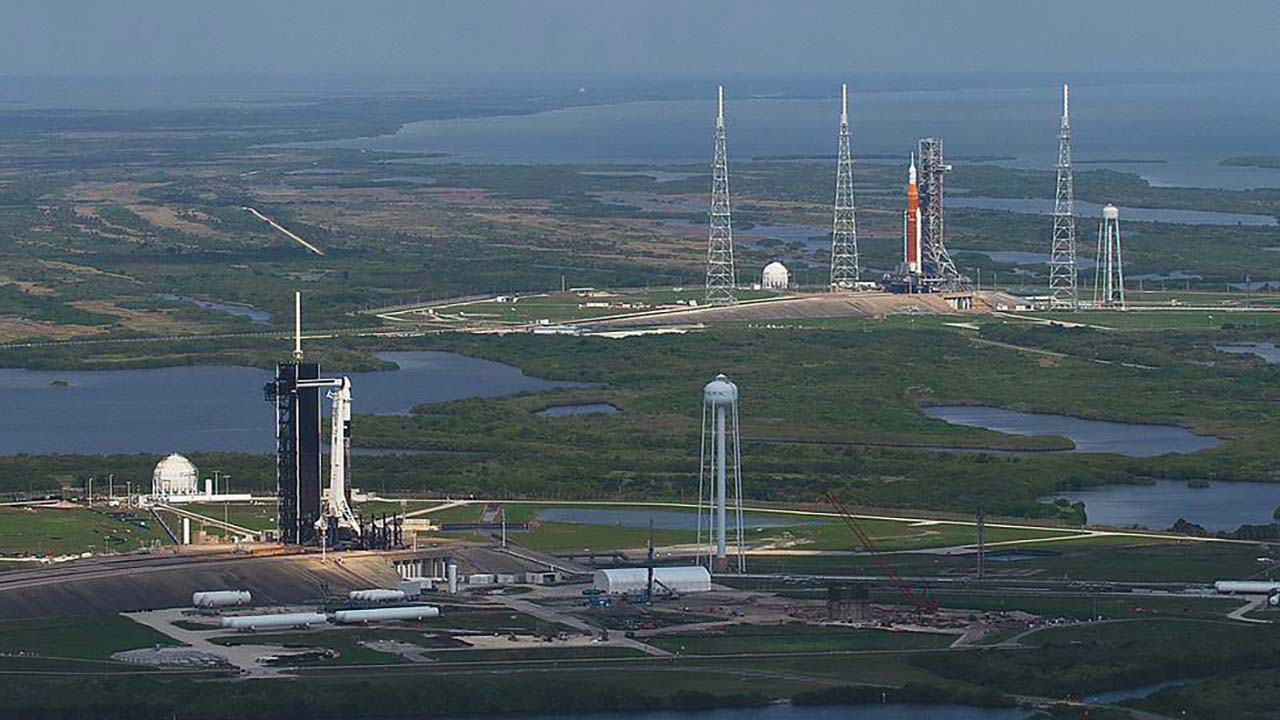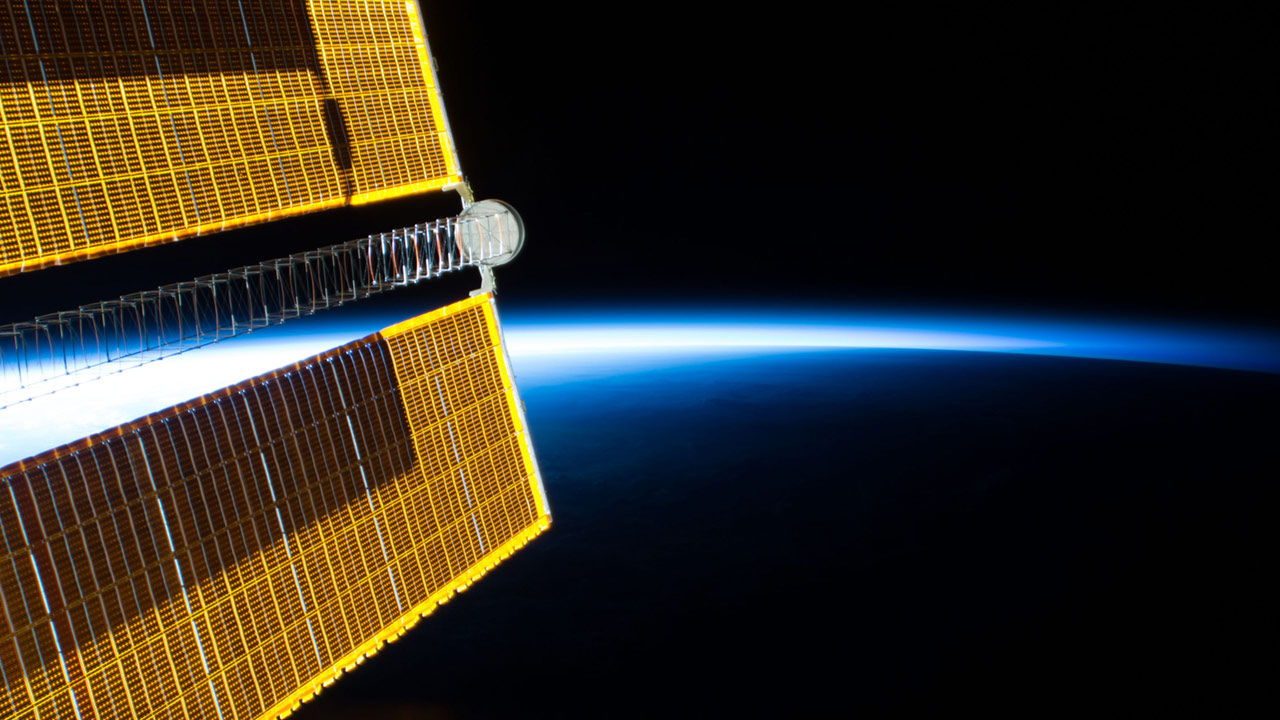The Center for the Advancement of Science in Space (CASIS) recently released two International Space Station (ISS) U.S. National Laboratory research announcements (NLRAs) focused on in-space production applications. One seeks research proposals on manufacturing and materials and the other is centered on tissue engineering and biomanufacturing. In-space production applications activities aim to bridge the gap between the existing scope of space-based research and the potential that wealth of research has in addressing real challenges in various industries, including the biomedical, chemical, and manufacturing industries.
CASIS hosted a webinar on each of the two research announcements and is also presenting information on these research efforts to various audiences, including the Materials Research Society, the American Chemical Society, and the International Society for Optics and Photonics.
In-Space Production Applications NLRAs
The ISS National Lab defines in-space production applications as: Low Earth orbit (LEO)-based applied R&D microgravity applications seeking to demonstrate space-based manufacturing and production activities that enable new business growth and capital investment, represent scalable and sustainable market opportunities, and produce reoccurring value with the potential to generate demand for and revenue from access to space. Learn more on our In-Space Production Applications webpage.
NLRA 2021-5: In-Space Production Applications: Advanced Manufacturing and Materials: Proposed projects could include developing next-generation production methods, improving understanding of mechanisms involved in material transformations, advancing fundamental materials discovery, or testing processes or manufacturing methods of novel design and synthesis pathways.
Learn more about the NLRA and view the recorded webinar here.
NLRA 2021-6: In-Space Production Applications: Tissue Engineering and Biomanufacturing: Proposed projects could include demonstrating the benefits of stem cell expansion and/or stem cell research in space, demonstrating an organoid or multicellular culture system to model human disease and/or test therapeutics, or developing and demonstrating a system for the biofabrication of tissue or other biocompatible material.
Learn more about the NLRA and view the recorded webinar here.
These research announcements are part of a larger effort to streamline ISS National Lab activities and focus on strategic priorities such as in-space production applications that strengthen our mission objectives and compliment NASA’s strategic plan for commercial LEO development.
Since 2011, CASIS has managed the ISS National Lab as a public service to benefit the U.S. taxpayer and to foster a scalable and sustainable economy in LEO. The ISS is an innovative space-based research and development (R&D) platform, and more than 500 ISS National Lab-sponsored investigations—from a multitude of users, including academia, industry, and other government agencies—have launched to station under CASIS management.
Historically, the ISS National Lab has approached R&D by research area, for example, physical sciences, life sciences, technology development, etc. With time, this approach has naturally evolved into a strategy that more closely reflects the nature of the LEO economy that has been expanding with each passing year.
After 20 years of human activity on the space station and hundreds of research experiments conducted through the ISS National Lab, we turn our sights to the future and ask, “What’s next?” The way in which we approach space-based research is shifting, just as ground-based research objectives are often modified to accommodate new information. As we learn more, we adjust our focus to advance specific types of projects that have strong economic potential. We are excited to support projects within in-space production applications that will help us move from discoveries to applications to demand and will drive a robust and sustainable market in LEO.






